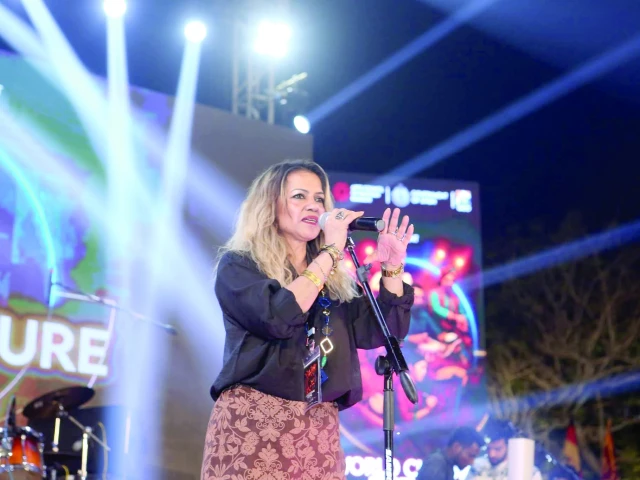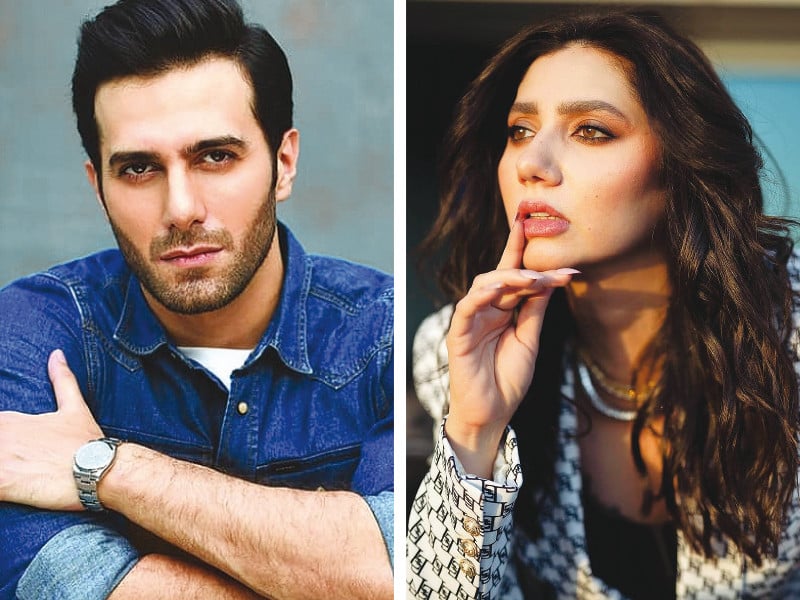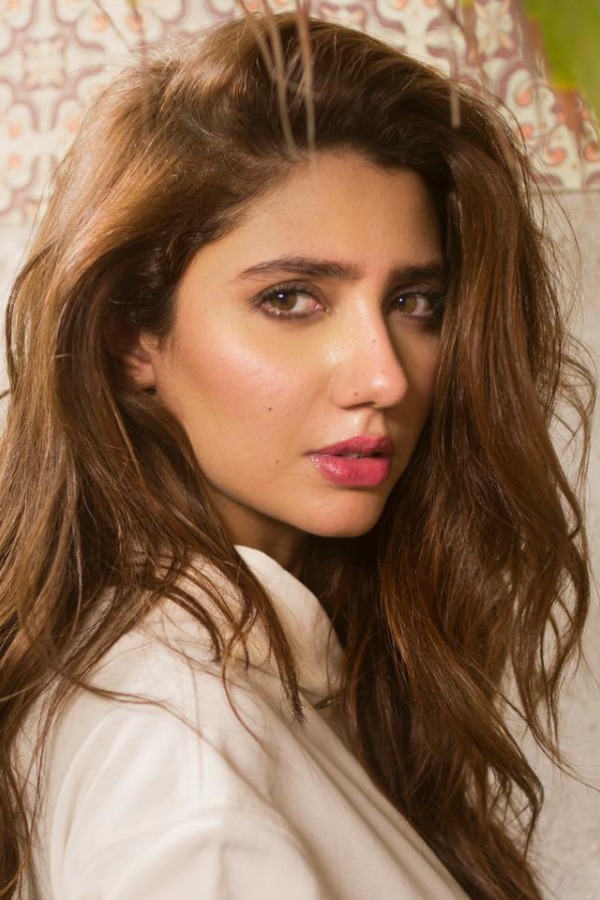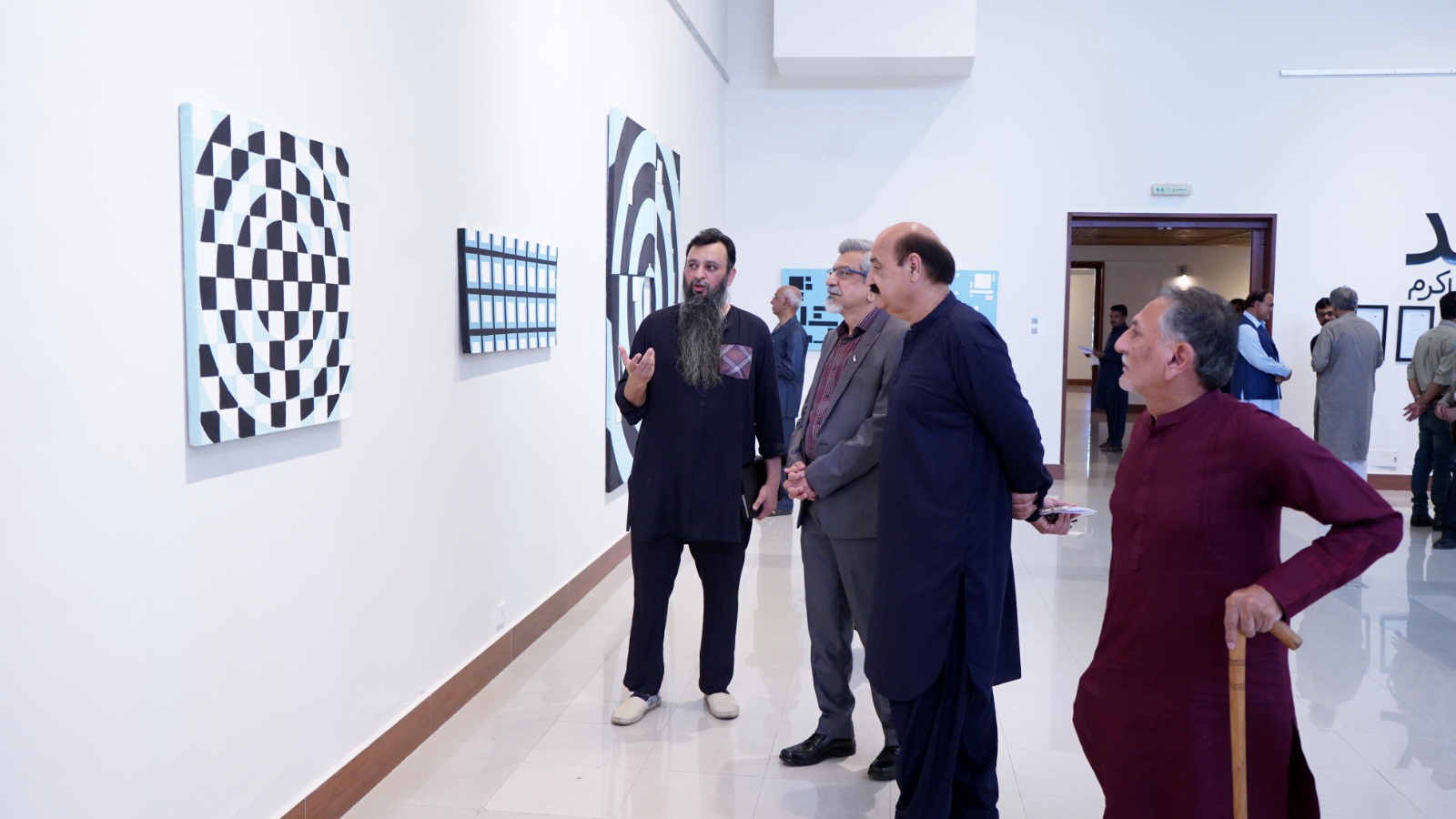Bangladeshi artists take the Pakistan stage after 18 years
The World Culture Festival is under way at the Arts Council of Pakistan, Karachi, where artists from more than 140 countries are showcasing their creative traditions. But it is the return of Bangladeshi artists to Pakistan after 18 years that has drawn particular attention.
This marks a renewed chapter in cultural exchange between the two countries. Renowned Bangladeshi singer Shireen Jawad captivated the audience with her soulful performance, while visual artist Neharika highlighted Bangladeshi heritage, femininity, and traditional motifs through her striking art pieces displayed at the festival.
For Shireen Jawad, this is her first-ever visit to Pakistan, yet she says it didn’t feel foreign. “When I landed at the airport, it felt like I was in my own country,” she said. “People here are incredibly warm, kind, and helpful. Meeting artists from different nations and sharing cultures and experiences has been a memorable journey.”
Jawad explained that although she initially intended to perform a Sufi piece, she eventually sang one of her Bengali songs at the organisers’ suggestion. “I performed my track ‘Soulful and Spiritual’ from my album ‘Punjabi Wala’, along with ‘Mathawali’, a romantic composition revolving around love, the moon, and emotional reflection.”
Jawad described the moment as symbolic – a reconnection that was long overdue. “I do wonder why it took 18 years,” she said. “But what matters is that it’s happening now. Art has brought Pakistan and Bangladesh together on one platform again, and that is powerful.”
She also noted the clear cultural similarities: “Pakistan feels very close to Bangladesh. The people are warm, expressive, and welcoming. The audience’s energy here was incredible,” she said.
Founder of Bangladesh Art Week, Neharika Mumtaz, said the invitation from the Arts Council was a welcome opportunity. “We have always believed in cultural exchange. This festival allows us to present Bangladesh’s creative diversity to the Pakistani audience.”
Festival organisers confirmed that more Bangladeshi artists – including Suborna Morsheda, Faria Chowdhury, Shambhu Acharya, and Bubly Barna – will be performing in the coming days, representing music, dance, and visual arts.
For many attendees, this cultural reunion is a reminder of the power of art to create dialogue, soften divides, and bring people closer in ways that diplomacy often cannot. The visit follows Pakistani designers recently showcasing their work in Dhaka – signalling that this cultural bridge is now growing from both sides.
The festival in Karachi continues to dazzle audiences with a mesmerising blend of global and local artistry, capturing the crowd’s attention from the very first act and immersing them in a vibrant celebration of music, theatre, and dance – all while showcasing the unifying power of art and creativity.
In every corner of the Arts Council, from the enchanting melodies of the opera to the dynamic energy of the local performances, the festival has become a vivid celebration of artistic expression.
Each act, as Arts Council President Ahmed Shah noted while speaking to a local news channel, echoed the shared humanity that connects people across borders. “The event stands as a testament to the ability of art to bridge gaps, inspire understanding, and foster a sense of unity in a world enriched by diversity.”
The festival also spotlighted the vibrant creativity of Pakistan’s theatrical scene with the riveting play ‘Flirts’, which Shah said captivated spectators with its sharp wit, compelling storyline, and flawless performances.
“Representatives from all over the world are participating to celebrate the beautiful fusion of cultures,” he said, emphasising the global scope of the event. He added that the festival, which brings together artists from diverse corners of the world, serves as a powerful platform for cultural exchange and mutual understanding.
Shah noted that it also reflects the Arts Council’s ongoing commitment to promoting cultural diversity and fostering international connections through the universal language of art, stressing that such events not only entertain but also educate and inspire, encouraging a deeper appreciation for the diversity that shapes the shared world.
“This festival is more than just a celebration of art; it’s a reminder that through creativity, we can bridge divides and bring people together,” he said. As the festival continues, it promises to leave a lasting impact on Karachi’s cultural scene, while fostering connections that extend far beyond the stage.




